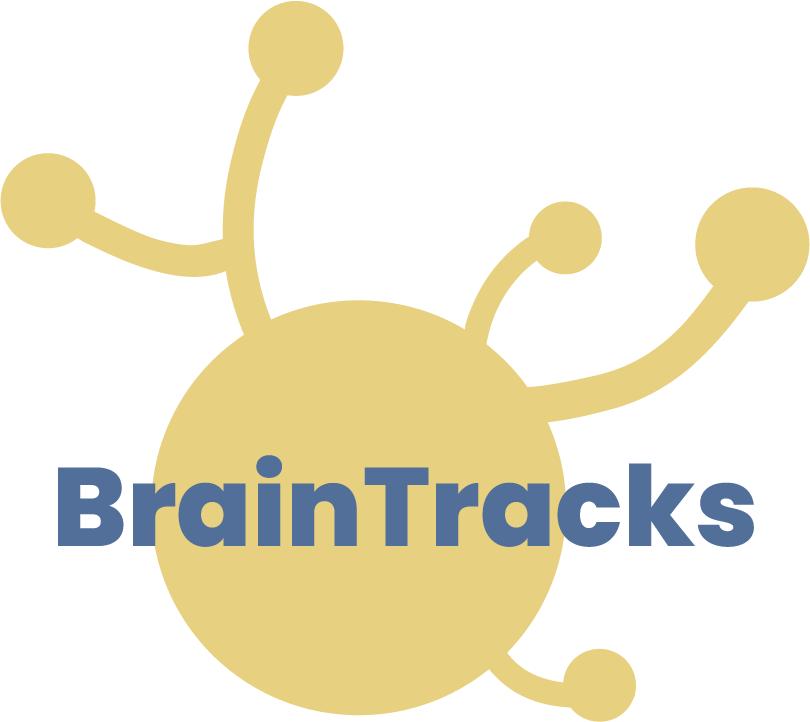Executive Function Development Timeline
There are certain skills that are essential to managing ourselves, overcoming obstacles, and accomplishing our goals. ADHD Expert Russell Barkley defines Executive Function as “the use of self-directed actions (self-regulation) so as to choose goals and to select, enact, and sustain actions across time towards those goals.” In other words, Executive Function skills equip students with the ability to manage themselves and get things done.
Understanding the developmental timeline of Executive Function skills is crucial for parents and educators alike. According to The Center on the Developing Child at Harvard University, Executive Function skills continue to grow and develop from childhood into adulthood. BrainTracks’ infographic "Executive Function Development Timeline" reviews the Executive Function skills that are expected to be mastered as children develop.
In early childhood, Executive Function skills are still developing, and children may have difficulty with tasks that require planning, impulse control, and working memory. As children grow and develop, their executive function skills improve, and they become better able to plan and organize their thoughts and actions.
During adolescence, executive function skills continue to develop and become more refined. Compared to children, adolescents are better able to think abstractly and plan for the future, and they are able to manage their emotions and impulses more effectively.
In adulthood, Executive Function skills are fully developed, and most people are able to use these skills effectively to manage their thoughts and actions. However, some adults may continue to struggle with certain aspects of Executive Function, such as planning and organization.
What Executive Function skills are expected to be mastered as children develop?
Elementary School (Ages 5 - 10)
Children in elementary school are developing emerging skills that are foundational building blocks for future development. Examples of these include:
learning to pay attention
learning to control their impulses and behavior
following simple directions and rules
Middle School (Ages 11 - 13)
Children who successfully develop impulse control, the ability to follow directions, and maintain their attention go on to develop more cognitively intensive Executive Function skills in middle school. The next level of development includes milestones such as:
learning to think and plan ahead by imagining a future point in time
planning out work
problem solving when things don’t go as anticipated
following daily household and classroom routines
High School (Ages 14 - 18)
In high school, students are beginning to develop Executive Functioning skills that will support them in their adult years. More advanced skills at this stage look like this:
learning to think flexibly and solve problems in new ways
adapting to shifting expectations and rules, depending on the context
using social skills and perspective-taking to collaborate with peers in sports, class projects, and other activities
reflecting and self-assessing in order to learn from mistakes and get back on track
Parents and educators can provide more effective support when they comprehend the typical developmental trajectory. Furthermore, recognizing potential challenges in Executive Function early on allows for intervention. Educators can modify teaching strategies to align with the Executive Function skills students are developing at each stage. This guarantees that learning environments are appropriate for students' cognitive abilities, resulting in improved educational outcomes.
BrainTracks Executive Function professional development workshops are designed to give educators the tools and information you need to better manage their classroom and, as a result, increase student success. If you're ready to take the next step and bring Executive Function skills to your school, please contact us today!


